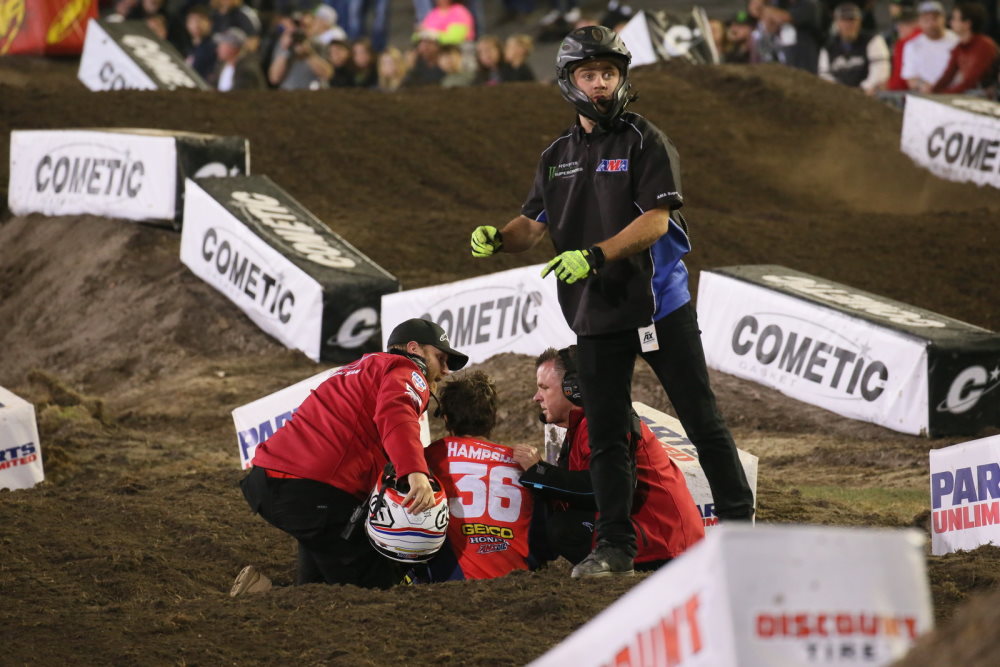‘Diets vs. Healthy Eating’
I filter through a ton of emails every week and one of the most often asked questions is what should I eat on race day or at an event? The answer is not always as easy as most think it should be. The human body is the most insanely complex machine you’ll ever come across – and trying to determine what will deliver optimal performance requires some knowledge, a few trial and error decisions and some trusty Google searches, however, like all things in relation to anatomy and physiology, this is not a one size fits all rule. Remember to check with your doctor for any special considerations – we aren’t all the same!
Carbohydrates
To the average Joe, regular sports drinks contain sodium, potassium and magnesium and on most occasion ‘carbohydrates’ aka refined SUGAR. Knowing fizzy drinks are 50% sugar, why would you want to consume sports drinks that have the same ratio of sugar per serving as a can of Coke?
When consumed, simple sugars cause your blood sugar levels to rise and fall dramatically. It’s a “yo-yo” type of energy that you definitely don’t want to experience unless, that is, you enjoy experiencing symptoms like fatigue and exhaustion.
Carbohydrate dense foods minus refined sugar:-
-Fruit and vegetables
-Potatoes, bread, rice, pasta and other starchy foods
-Beans, Pulses, Legumes
– Some sports supplements products
Proteins
So often people associate protein, all be it in food or supplements, with increasing size and becoming a body builder. Wrong. The primary roles of protein is to aid growth, maintenance, and repair of your body. Since athlete’s protein’s needs are higher than those of non-athlete’s, it is very important to consume at least 3-4 servings of meat and 2-3 servings of dairy per day. This can come from all meats, red and white, beans and lentils, milk, yoghurt and supplements. These are a must in order to promote muscle growth and to prevent dehydration, which many athletes are vulnerable to on race day.
Fats
Fat vs. Fats. Used not stored. The much-needed energy you need to perform is stored in the way of fats. These fats play several key roles in maintaining a proper nutritional regimen. Fats provide a source of energy and protection for your internal organs, help fix damaged tissues, and fight infections. However, beware, fat is an insulator and holding onto excess fat can make it harder for your body to cool down.
Coach Al’s back to basics:-
It’s crucial for riders to maintain a sustainable diet that focuses on health and performance by feeding your brain and body non-refined carbohydrates. The carbs provide your body with the energy it needs to sustain the rigors of riding and feeds the brain to keep you mentally sharp.
Fruit and Vege! Eat fruit and vegetables on a daily basis. If this is not a current way of fuelling your mind and body, it’s about time you made the switch! Start slowly by picking one fruit and vegetable and eating it once a day for a few days. Gradually work more fruits and vegetables into your diet as you progress. Build up to it with goals to incorporate more variety with every meal. Don’t do what is fatally done by so many athletes and introduce these items on race day… Routine is crucial!
Cut back on processed foods and refined sugar. Processed food does not provide the nutrients your body requires. Substitute heavily fried foods with leaner cuts of meat prepared by baking or grilling. Have some variety in your protein source. Fish, beef, beans and lentils, tofu and chick peas are a great addition to your diet for protein, iron and omega-3’s. Keep in mind that junk food clogs the system so you’re not running at peak capacity physically or mentally and sugary drinks will leave you thirsty and can drain your energy reserves in the long run. Sugary drinks include energy drinks!!
Water, water and more water! Staying hydrated is critical to your fitness and performance. This is a constant goal that must be reached throughout the week on a daily basis, not just on race day. While hot weather can contribute to dehydration, it is important for your body to stay well hydrated at all times. Hydration plays a critical role in the body’s mechanism of keeping the body cool – sweat. A 1% loss in body weight equates to and 10% decrease in performance.
Eat small portions anywhere from five to six meals a day. Feeding your body amps up the metabolism process resulting in more sustained energy without the crashing effect on raceday.
Quick fix energy drinks are not a part of a healthy diet and will be counterproductive to your body’s fitness progression – every energy drink you have will give you a boost in energy, generally from either the caffeine or sugar. Equally, the low which comes with it will become progressively worst with the more you consume.
Summary
As a rider, achieving and maintaining balance in your diet and life, is massively important. While a stable diet can lead to a more balanced life, it is very important to monitor how much you eat, when you eat, and what you eat. It’s also important to remember these three key foundations to a well-proportioned diet: moderation, variety, and balance.

